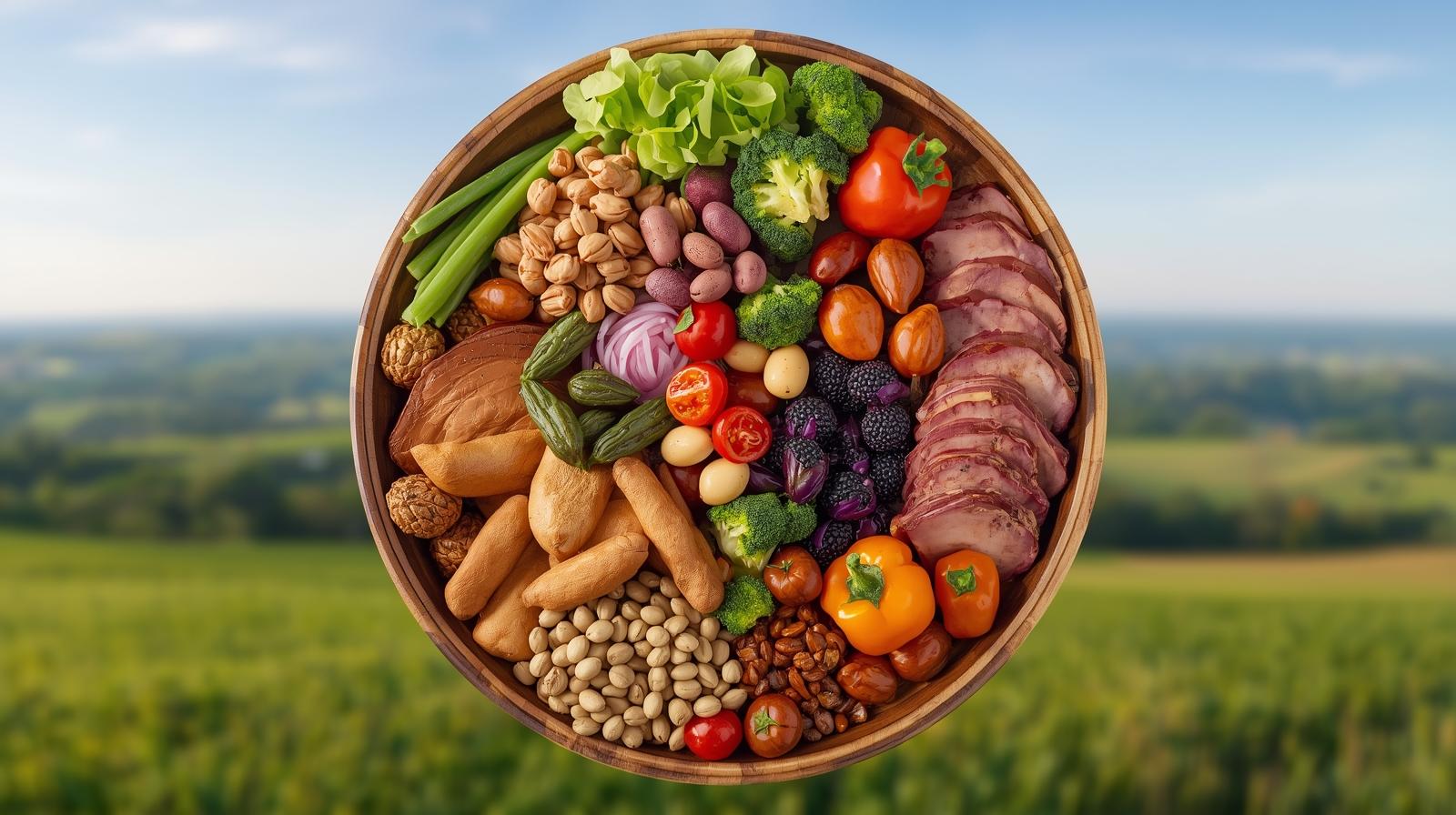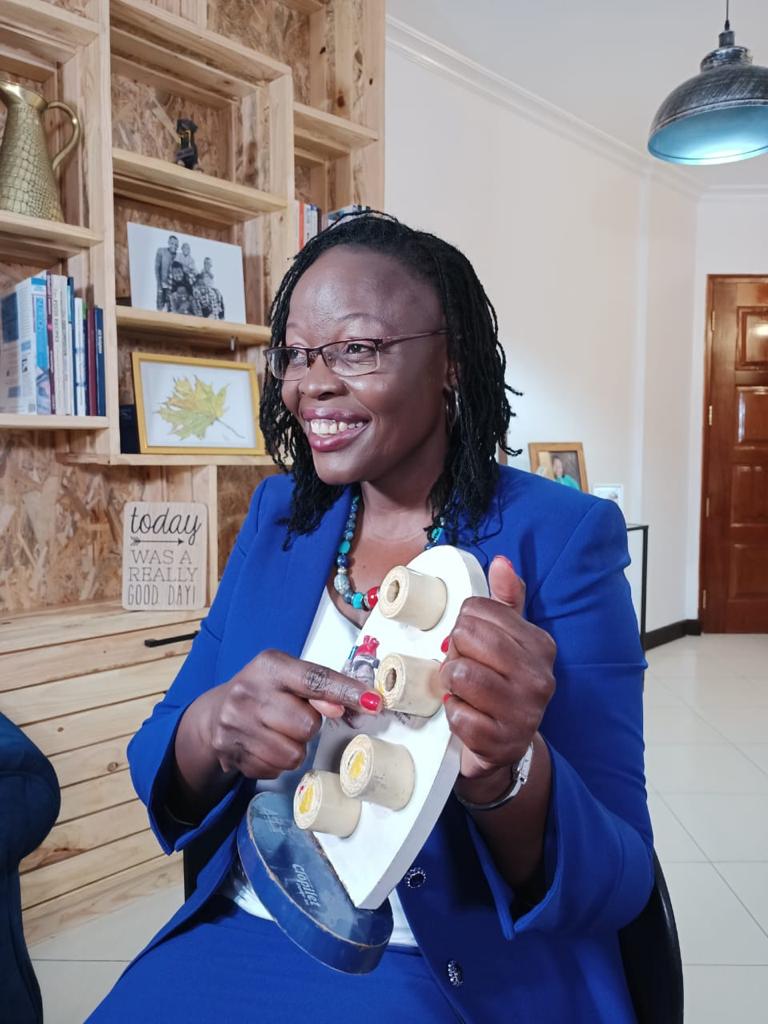

Don't waste your time call us!

The DTLC Planetary Health Campaign is a three-month initiative designed to unite communities across Africa—and beyond—in the pursuit of better health for both people and the planet. Rooted in the mission of the Diabesity Nutrition Centre (DNC) and its flagship Diabetes Total Lifestyle Change (DTLC) program, the campaign demonstrates how dietary choices can reduce disease risk, cut carbon emissions, and restore harmony with nature.
The campaign will mobilize people to take tangible action for sustainable nutrition, emphasizing plant-based meals, local food systems, and reduced food waste. It aims to:
– Raise awareness about planetary health.
– Demonstrate measurable carbon emission reductions.
– Establish a model for community-level carbon credit generation.
– Create a legacy of healthier lifestyles and ecosystems.
Everything we eat comes from the planet — soil, water, air, and sunlight.
But modern diets are putting immense pressure on these natural systems.
Every plate of food carries an environmental “footprint.”
When we choose more plant-based, local, and minimally processed foods, we reduce that footprint dramatically.
Food Type | Environmental Impact | Health Impact |
Red meat (beef, lamb) | High emissions, land use, and water consumption | Increases risk of heart disease and diabetes |
Plant proteins (beans, lentils, peas) | Low emissions, soil enrichment, water-efficient | Improves heart health and blood sugar control |
Refined foods (white rice, processed snacks) | Energy-intensive production, packaging waste | Causes blood sugar spikes, low nutrient value |
Local vegetables & fruits | Low carbon footprint, supports local farmers | Boosts immunity, fiber, vitamins |
Developed by scientists through the EAT–Lancet Commission, this diet shows how we can feed 10 billion people sustainably by 2050.
It emphasizes:
When applied locally — with foods like sukuma wiki, millet, beans, sweet potatoes, and tilapia — it becomes both nutritionally sound and environmentally friendly.
You don’t need to change everything overnight — just start small.
Together, we can heal the planet, one plate at a time.
Receive simple, practical actions to practice during the week.
Post photos, reflections, or creative ideas to inspire others.
Join as an individual or family
Encourage your community or workplace to take part
Tag us and share your journey on social media using #DTLCPlanetaryHealth

The Planetary Health Challenge is an initiative by the Diabesity Total Lifestyle Change (DTLC) program. It encourages individuals, families, and communities to take small lifestyle steps that improve both personal health and the planet’s well-being — such as eating more plant-based foods, reducing waste, and conserving resources.
Anyone can join! The challenge is open to everyone — whether you are a DTLC participant, a health enthusiast, a student, or simply someone who wants to live more sustainably. All you need is a willingness to learn and take action.
Simply click on the WhatsApp link provided on this page. Once you join the group, you’ll start receiving weekly challenges, educational tips, and encouragement from our DTLC wellness community.
No, participation is completely free. This is part of DTLC’s ongoing commitment to empower individuals to live healthier lives and contribute positively to the planet.
Each week, you’ll receive a new themed challenge — for example:
These simple steps help protect the environment and support better health outcomes.
DiabesityNC – Your Path to Better Health. Personalized Coaching for a Stronger, Healthier You!
SOFTLINKOPTIONS © 2025 All Rights Reserved.